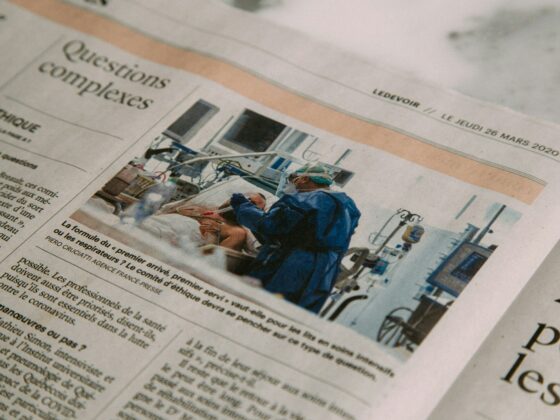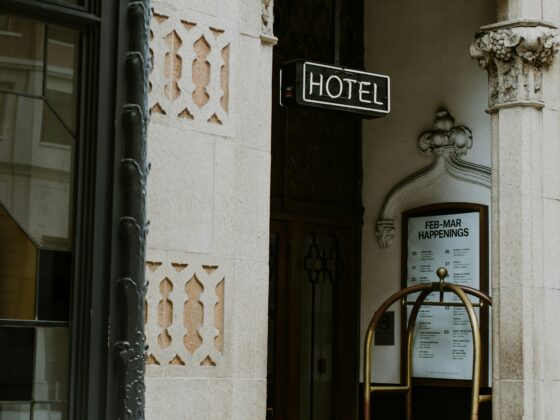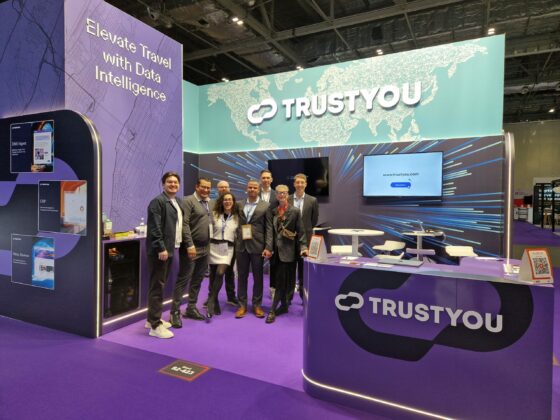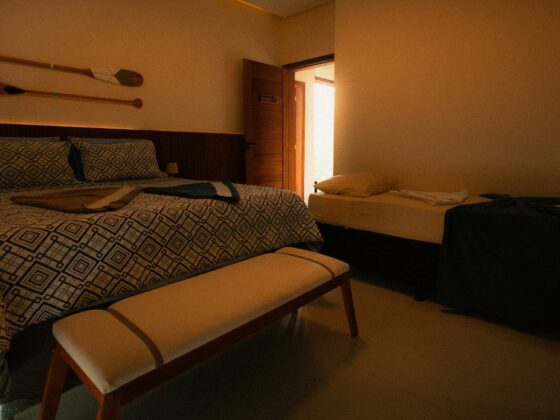It’s not just the ‘crazy rich’ Asian travelers that are fueling the impressive growth in the travel industry, a growing volume of Asian middle-class travelers are overlooking inflation to prioritize travel. A latest study from Expedia, conducted in partnership with Atomik Research, termed this new, emerging middle-upper income group as ‘mass affluent’ travelers.
The Asian middle class is anticipated to reach 3.5 people, constituting two-thirds of the world’s middle class, by 2030, Expedia said in its study. Deals, discounts and packages or (for many) and a tendency to prioritize travel over other forms of discretionary spending are helping mass affluent Asians to alleviate the impacts of inflation and make space for travel in their budget.
These travelers plan to spend an average of 23% of their income on travel in the next 12 months and over four in five (81%) respondents reported travel as a priority despite inflation. About two in five (39%) said they would prioritize travel over buying a new car or over upgrading electronics and close to one in three (32%) on dining out.
Long-haul Trips
While traveling to the countries in eastern and southeastern Asia is popular among many mass-affluent Asians, a sizeable number are exploring other international destinations, such as Japan, the U.S., Canada, France, South Korea, Australia and Germany. On average, these travelers plan four destinations over 10 days for their next international trip. Interestingly, the length of the trip and total destinations differ across regions. Indians seem to opt for longer trips, averaging 14 days compared to the lowest length at eight days among Vietnamese travelers. While Indian travelers prefer to visit five or more destinations on their next international trip, Singaporean, Chinese, Vietnamese and Indonesian travelers often plan for four or lesser.
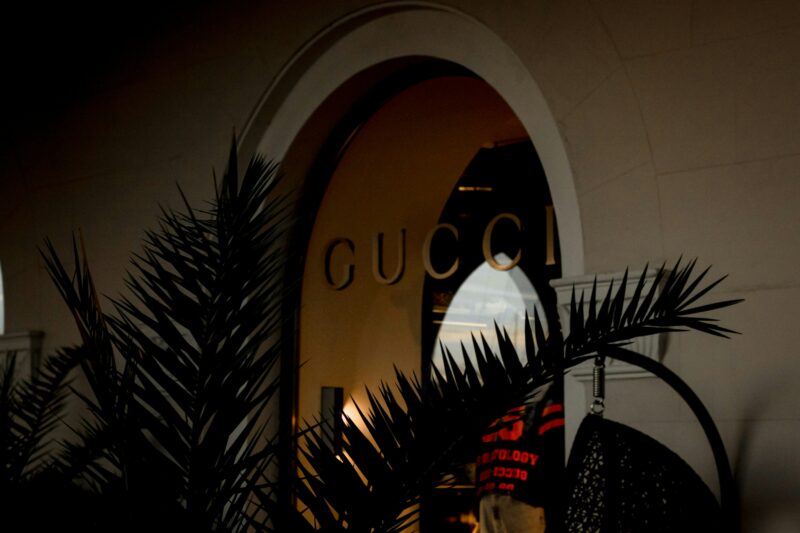
In terms of travel planning, more than one in three respondents said they depended on travel agents to plan their trips. The majority (72%) prefer to use platforms, like Expedia. They also use a travel app to book hotels (73%), book flights (70%) and find activities or excursions (52%). This dependence on digital tools is further emphasized by the fact that 83% of consumers across the Asia Pacific have reported to installing a travel brand’s app on their mobile devices and 36% reported using the app regularly.
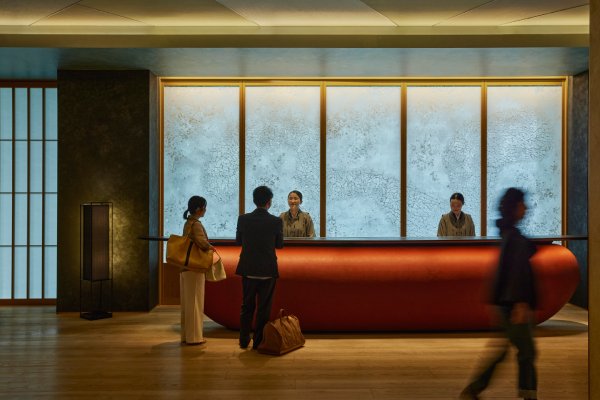
Luxury Experiences
Premium amenities and high-end accommodations feature high on the priority list among mass-affluent Asians, the study found.
In terms of premium travel experiences on their next international trip, an overwhelming 93% of travelers are planning to pursue at least one of the following:
- seek airline upgrades (44%)
- pursue room and accommodation upgrades (42%)
- book luxury hotel (52%)
- book private tours or excursions (39%)
- book a seat in first class or business class (38%)
Despite regional differences, flight upgrades, premium rooms/hotels and exclusive experiences are top of mind. Chinese, Singaporean and Vietnamese travelers showed a strong preference for gourmet dining, while Indian travelers favored first-class or business-class seats and Indonesian travelers desired private tours.
Across the board, airline and room upgrades were the two most popular choices. All-inclusive packages are one of the most likely purchases among travelers in India (61%), Indonesia (61%) and Vietnam (58%).
The mass-affluent consumer market in Asia is fast emerging as one of the most crucial population segments to reach and serve, said Peter O’Connor, co-director of the Centre for Enterprise Dynamics in Global Economies at the University of South Australia. “With their inclination towards long-haul trips and a preference for luxury amenities, they are poised to significantly impact the travel economy, as indicated by this research.”
Opportunity for Travel Suppliers
Almost half of the respondents said they felt some level of concern about understanding standard practices regarding local transportation, dining customs (43%), proper greetings (41%) and declaring baggage at customs (40%). About 34% said they were willing to increase their spending to stay at a hotel with staff who speak their language. Partners can use these insights to differentiate with services and resources for first-time visitors.
While inflation has forced most travelers (75%) to seek deals, discounts or packages for their next trip, luxury is still valued. Higher-spend priorities were luxury room amenities (53%), experiential excursions (52%), cultural immersion (40%) and a hotel with a Michelin-starred chef (31%). Partners should look to promote their inflation-busting deals while advertising luxury amenities, Expedia said.
Loyalty programs remain an important draw for travelers. Majority (86%) of travelers said they belonged to one; with airline, hotel and credit card loyalty programs being equally popular. This presents an opportunity for tourism boards to promote their destinations to these customers, especially during the early planning stages, when 30% reported not having any specific destination in mind, or just the country not a city.

